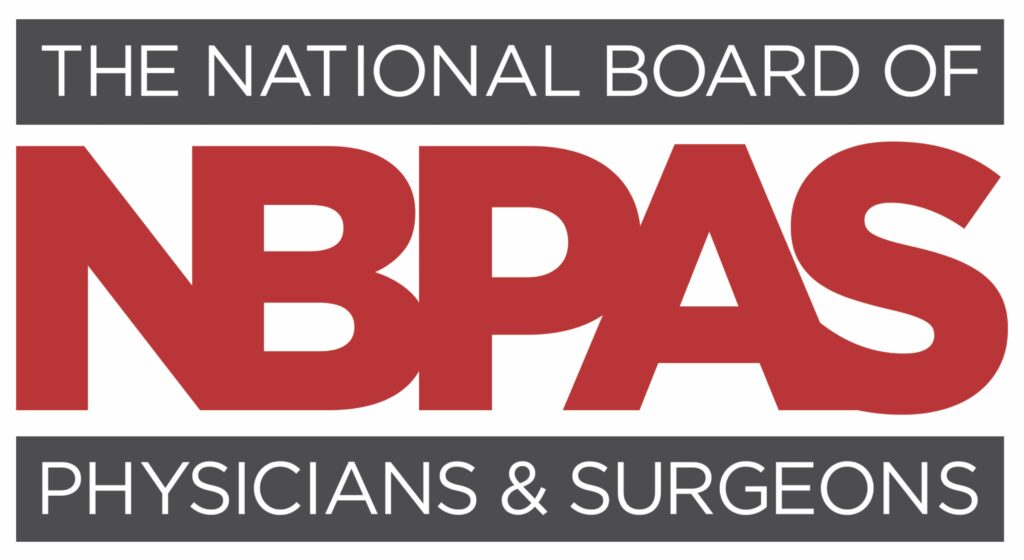For first-timers, the world of low-carb diets can be intimidating. Imagining your everyday existence without handy foods like sandwich bread, granola bars or even fruit, can be all but inconceivable for some. Low-carbohydrate diets can be an effective way to get the weight loss wheels moving in the right direction, but the key is sticking with them long enough to see the fruits of your labor (pun intended). Withstand a few days of carb withdrawal, weather some intense sugar cravings, monitor your intake of protein, healthy fats and fluids, and you should be good to go!
Conquer Carb Withdrawal
Low-carbohydrate diets often induce withdrawal symptoms no different than those experienced when nicotine, caffeine or even opiates are reduced or stopped. Sugar and refined carbohydrates are very addicting!
Known in the inner circles as the “low-carb flu,” patients cutting their intake of carbohydrates often experience headache and fatigue along with intense sugar and carbohydrate cravings. This can last anywhere from two days to two weeks. Be sure to drink adequate fluids and limit your consumption of artificial sweeteners in diet or low-calorie products, which can intensify sugar cravings. Also, be sure to get plenty of electrolytes. If you experience leg cramps, you’re probably low on potassium and/or magnesium.
Be Mindful of Energy In’s and Out’s
Consider reducing exercise or changing up your routine until you adjust to your new low-carb way of living. Carbohydrates are the body’s preferred source of energy during certain types of exercise and, when they’re depleted, your energy tank is running on low, literally. Stick with low-intensity activities like walking, jogging, or light resistance training to start and gradually increase exercise duration, frequency, and intensity as you tolerate.
Listen to Your Gut
Low-carbohydrate diets can be constipating so you may want to consider beginning a fiber supplement from the get-go. Remember that adding supplemental fiber when you’re already feeling bloated can sometimes make the issue worse. In that case, you may consider a stool softener or gentle laxative instead.
Food Journal
To track your intake of carbohydrates and protein, I strongly recommend food journaling. When you’re eating less carbohydrates, getting adequate protein and healthy fats becomes a high priority. Your recommended intake of protein will vary based on your age, sex, and body composition. There is no magic number when it comes to these recommendations, so finding a reputable resource for guidelines is imperative.
Be Creative
So, when eliminating carbohydrates, what do you actually eat? We get asked this question all the time! Focus on getting adequate protein and healthy fats in your diet and you won’t miss the carbohydrates as much.
Consider avoiding fruit until you are at or near your goal weight. Even in the presence of calorie-restriction, fruit can impede weight loss.
Find substitutions for your favorite go-to’s, like cauliflower “rice,” zucchini noodles, or lettuce wraps in place of buns, bread and tortillas. (A personal favorite is Cauliflower Mash, see recipe included.) Substitute plain, non-fat Greek yogurt for flavored, sugar-filled versions. If you aren’t a fan of the plain flavor, add some sugar free Jell-O® powder to flavor it without adding carbs. Greek yogurt and cottage cheese are great sources of protein and provide a break from the monotony of traditional protein sources from meat, fish and eggs.
Embrace the Lifestyle
Low-carbs diets have gotten a bad reputation for providing weight loss that is hard to maintain, but, remember, to keep the weight off, you should shoot for continuing the dietary changes you implemented at least 80%
of the time. The 20% of the time when you’re enjoying baseball games, holidays, and birthdays, will be canceled out by your good foundation!
Tara L. Parr, MPAS, PA-C

